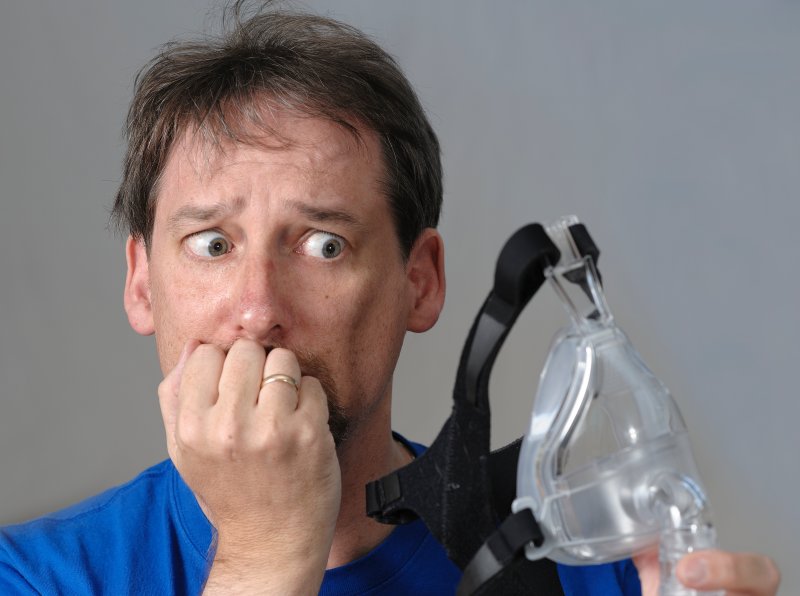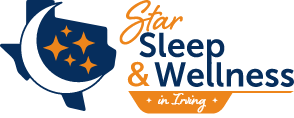
A CPAP or continuous positive airway pressure device is the most widely used form of sleep apnea treatment. With millions of people achieving success and relief from their symptoms, it’s no wonder so many physicians and sleep experts continue to recommend it. However, this popular solution isn’t always effective. If you are struggling to see results with your CPAP device, recognize the signs and decide whether it needs to be adjusted or if it’s time to ask about another form of treatment.
Signs Your CPAP Isn’t Producing Results
The purpose of sleep apnea treatment is to alleviate symptoms and make restful, uninterrupted sleep a reality. Unfortunately, this may not be the case if you continue to experience any of the following while wearing your CPAP device:
- You are still snoring. Your CPAP is designed to prevent obstructions and stop tissue vibrations by keeping your airway open. There may be a leak in the mask, or the pressure needs to be increased on the machine.
- You still feel exhausted each day. CPAP therapy should help you feel well-rested when waking up; however, if you’re fatigued and require naps to function, check the pressure settings and determine if there is a leak. You might also inquire about an alternative solution that doesn’t require bulky machinery.
- Your CPAP machine is old and starting to fail. While you can have it replaced with a new one, you can also ask whether another form of treatment, like oral appliance therapy, might be an option.
What Other Treatment Options Are Available?
Whether it’s a leak in your mask, settings that need to be adjusted, or extended use that leads to lackluster CPAP results, it’s important to remember that this device is not the only way to treat your sleep apnea.
Experts now offer additional ways to improve symptoms and help patients like yourself get necessary rest. Some of these include:
- Oral Appliance Therapy: A custom-made orthotic device is crafted to fit comfortably inside your mouth while you sleep. Not only does it shift your jaw forward just enough to prevent airway obstruction, but it also prevents chronic snoring.
- Medication: Depending on the type of sleep condition you have, medication can help reduce your sleep apnea symptoms, especially if it is used in combination with an oral appliance or new CPAP machine.
- Lifestyle Changes: A local sleep expert can create a personalized plan that focuses on your overall health and well-being. By incorporating nutrition, medication, and professional counseling, they can help you address underlying issues associated with poor sleep.
Any of the options listed above can be beneficial in treating sleep apnea, but you’re also welcome to discuss whether sticking to CPAP therapy is the right thing for you to do. Once you meet with your sleep specialist, you can decide how you want to proceed when it comes to choosing the right method of treatment.
About the Practice
Star Sleep & Wellness in Irving consists of several experts and specialists who are here to make sure you achieve positive, life-changing results with sleep apnea treatment. If you are using a CPAP to curb your snoring and other similar symptoms, and you are struggling to notice a difference, contact us right away. Our team is here to help you determine whether to make adjustments to your current device or choose another solution that is highly effective in treating your sleep apnea.
